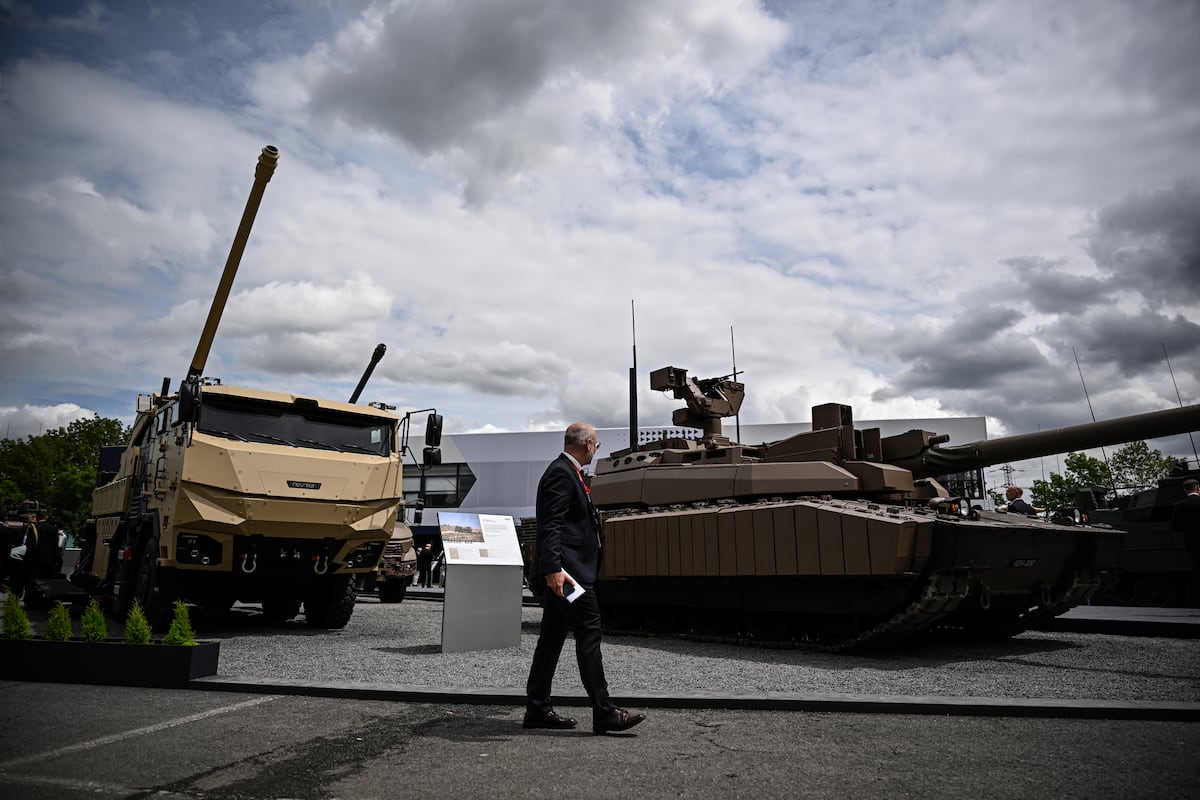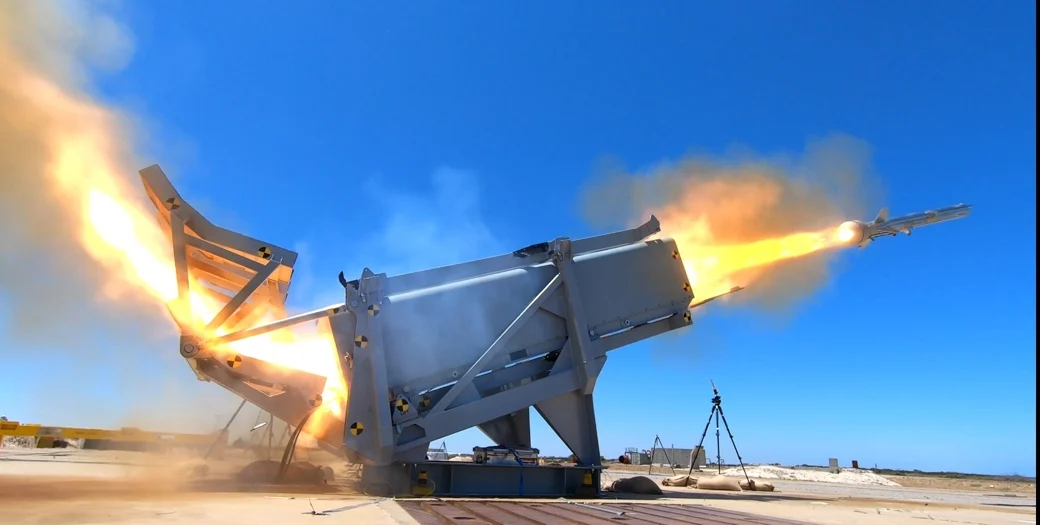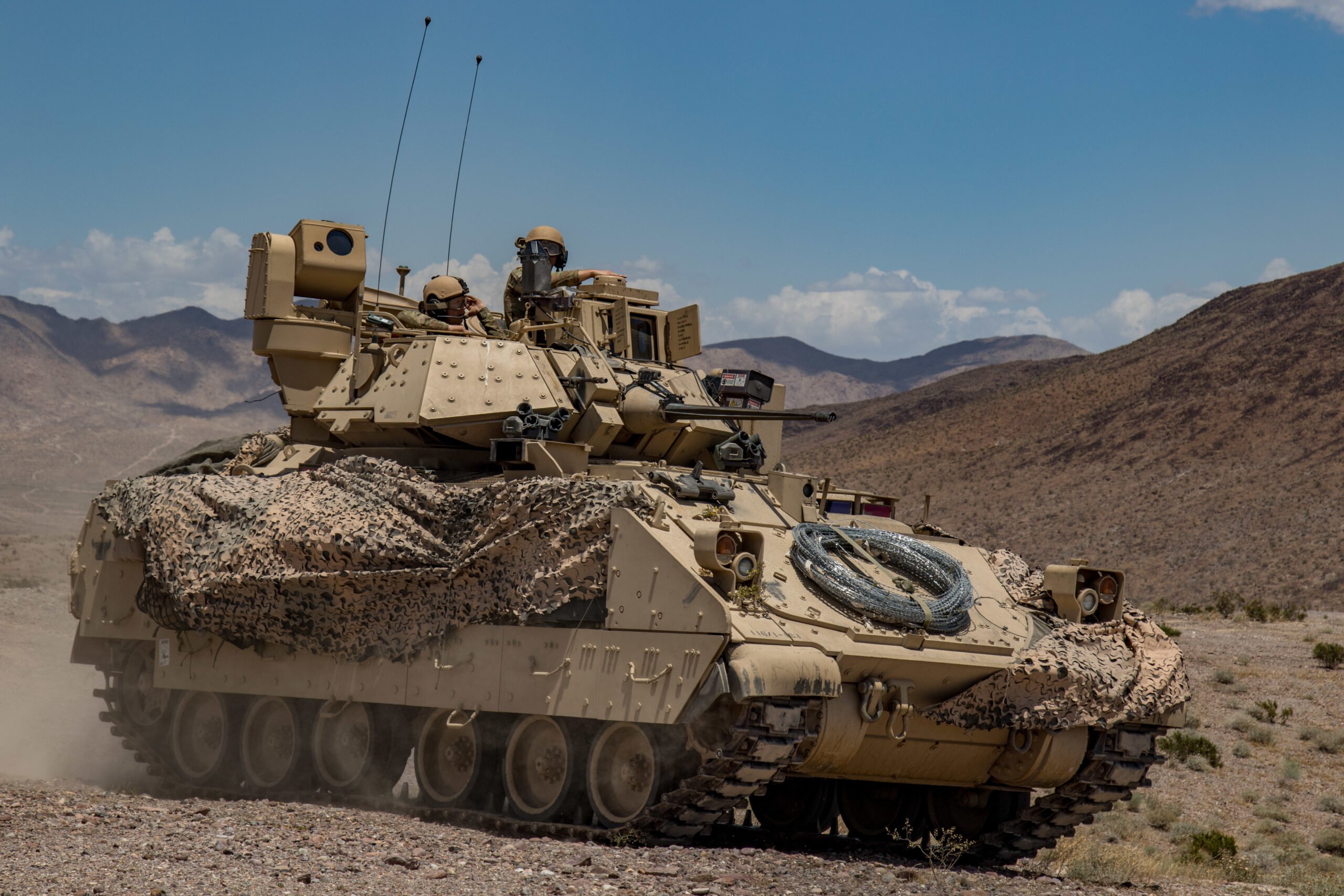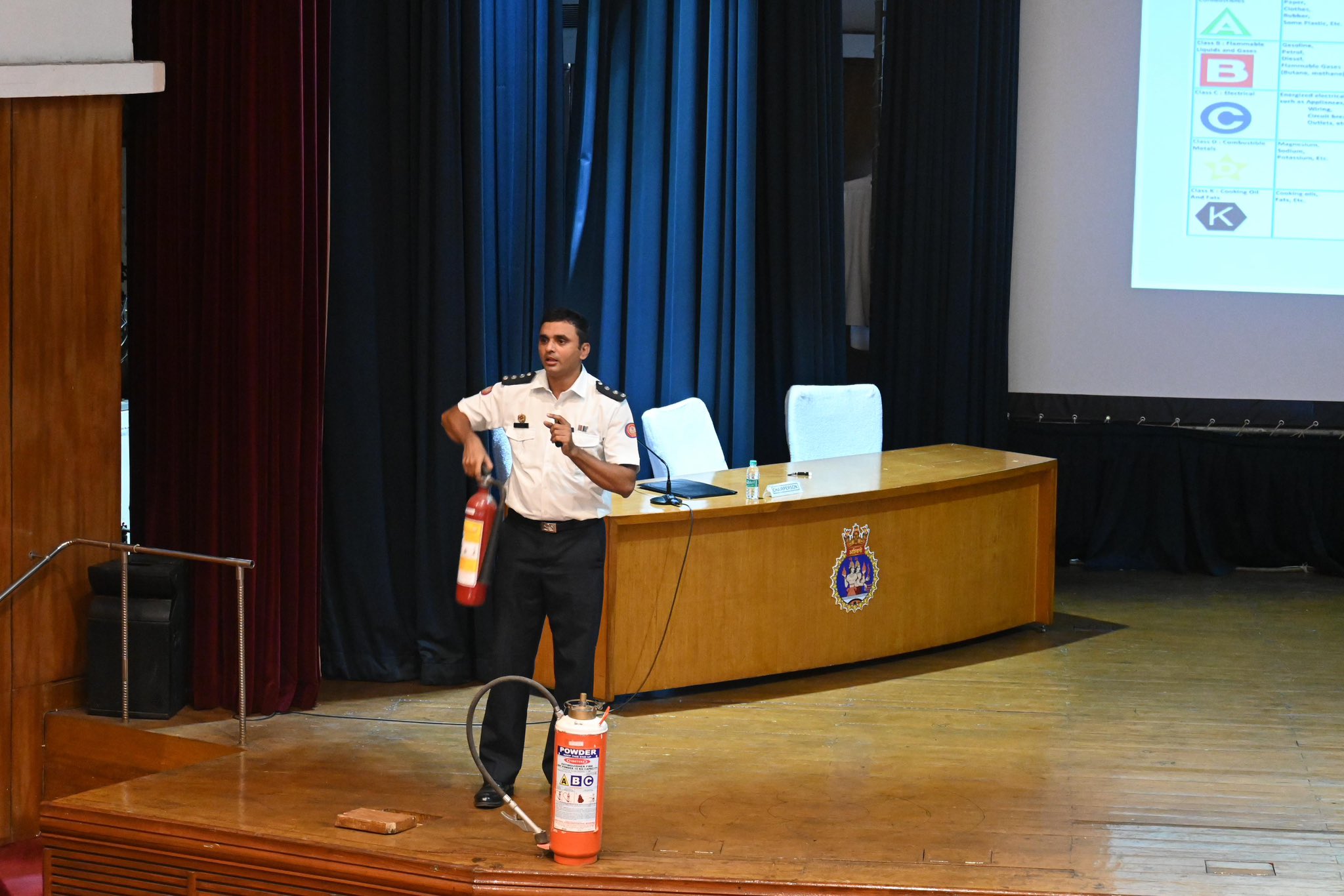In an effort to bolster its defense capabilities, France is introducing an innovative program known as the “defense industrial reserve,” which will utilize the expertise of retired workers from the defense industry. This initiative aims to create a skilled workforce that can quickly be mobilized to enhance the production of military equipment and armaments in times of crisis.
The French armaments agency, DGA, recently signed contracts with prominent armored-vehicle manufacturers, KNDS and Arquus, to participate in this program. DGA head Emmanuel Chiva explained that the objective is to preserve the unique skills possessed by retiring industry veterans and to prevent a potential shortage of skilled labor in the defense sector, particularly as the geopolitical landscape evolves.
Chiva emphasized the importance of preparing for possible high-intensity warfare, stating, “We’re not at war, but on the other hand we must not be naive.” The DGA’s initiative is, therefore, not just a response to current challenges but a preemptive measure to ensure that France retains a functional and adaptable military-industrial complex for the future.
The urgency of this program is underscored by a government report which predicts that nearly one million industrial workers across various sectors will retire by 2030. As the manufacturing sector has gradually diminished within the French economy, finding skilled labor has become increasingly difficult. Highlighting this issue, Chiva mentioned that the automobile industry, particularly companies like Renault, could also serve as feeders for this defense labor reserve.
The plan falls in line with France’s broader military strategy to double the number of defense reservists under the upcoming 2024-2030 military programming law. Army Chief of Staff Gen. Pierre Schill pointed out that in the event of heightened military engagement, an efficient mobilization not only of personnel but also of industrial capacity will be crucial. Hence, integrating civilian expertise into the military reserves is deemed a vital adaptation.
Participants in the defense industrial reserve program will be required to commit to 10 days of annual training to keep their skills sharp, which will be funded by the DGA. The participating companies will cover the costs associated with their employees’ reservist roles. Those joining from the industry will attain military status as non-commissioned officers or officers, with pay equivalent to that of active military personnel of the same rank.
France aims to establish a defense industrial reserve consisting of approximately 3,000 skilled workers by 2030. Chiva specified that the focus would be on attracting those with invaluable expertise, such as welders and engineers, due to the extensive training these roles typically require.
In light of existing workforce training challenges in the defense sector, the DGA identifies an immediate need for industrial reservists to assist companies, especially the 1,200 critical small and medium-sized enterprises operating in defense. Chiva provided an example of workers from KNDS who expedited production of the Caesar artillery gun, indicating how their shared knowledge could alleviate production bottlenecks in smaller firms.
Additionally, the DGA has recently extended similar contracts to other defense industry players, including shipbuilder Naval Group and companies specializing in 3D printing and firearms manufacturing. This multifaceted approach demonstrates France’s commitment to maintaining a robust and versatile defense infrastructure in a rapidly changing world.


















